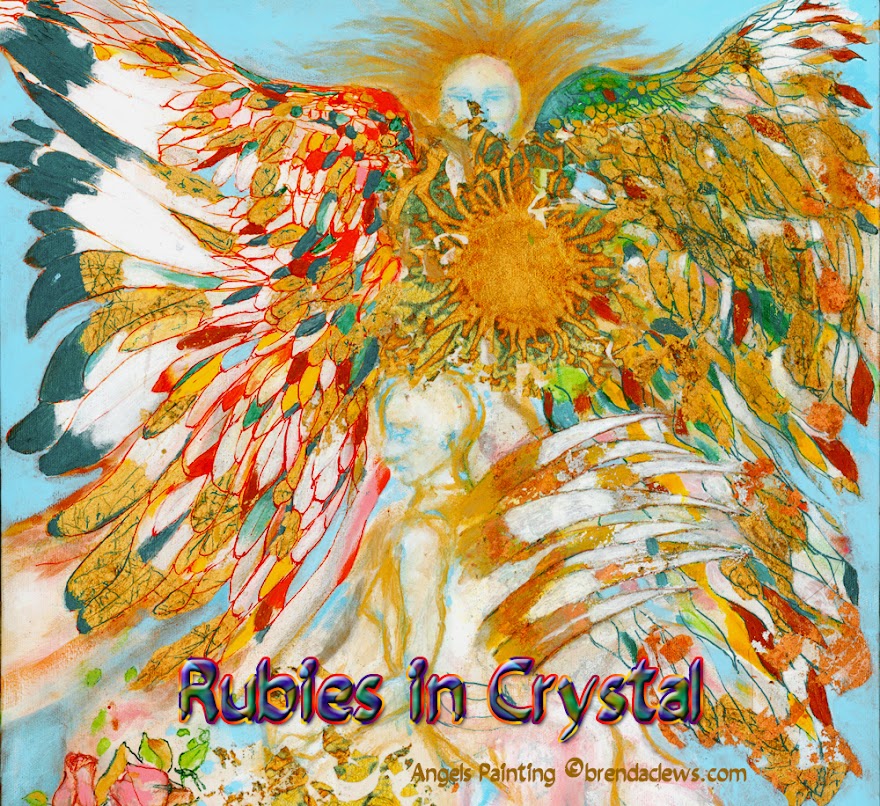Alicia Ostriker's 'The Birth of Venus' (only a few lines I found on-line due to copyright restrictions):
I
Huge shell the remnant of my great-grandmother dragon,
Split open to form the world,
They have made a boat of it
And set me here.
The effect is of scarcely tolerable pleasure.
II
If I am anything I am young, so young.
As I arrive on this shallow scalloped sea
Zephyr huffs flowers at me, frowning.
The effect is to deepen my reverie.
My face emerges from another world
Behind the picture plane, a world
Of light and clouds, volumes of clouds.
The artist has set it at an impossible angle
Upon my impossibly swanlike
Neck, my impossibly sloping shoulders.
If I am anything I am un...
I will offer excuses and not give you a critique of the poem which inspired me to begin a series of poems in 2008 that I am now trying to finish.
In 2006, I met Alicia Ostriker at a conference, and as I was watching the book table, and she was spreading her books over a section, we chatted a little about how to arrange poetry books for sale. She was quite old, slender, in matte black, her hair, her clothes, her bags, a bit fussy with the books she'd brought to add to those of a local bookseller and whatnot, but very nice. It's not her personality that I remember. It was the darkness in her that surprised me, I guess. The density of energy around her. I don't think I've ever been in a room with someone who's energy was like that. I felt there was something raw about her connection with life. Alicia Ostriker had an emptiness to her that was yet full of intensity, poetic passion, a fury of living that I can't describe but that was remarkable. Later I bought the book with the Venus poem in it, No Heaven, but she'd already caught her flight home and so I didn't get an autograph.
Alicia Ostiker's poem about Venus, and my sheaf of research, is pulling me back to this project, but, still, no poetry. With apologies, for what is happening here at Rubies in Crystal during NaPoWriMo, the month designated to writing a poem every day.
Who knows, but I may write a long poem and so catch up. Yah. Who knows. (Chews sugary gum and blows a real big bubble.)
Today I worked on a video, an unplanned exercise, sigh. I called it, 'The Dinosaur’s Book is Green Fury.' It is another 'learning' video, which is currently rendering, and I'm fairly exhausted with the work it's been, videoing, editing the footage, editing the writing, reading it a few times, editing the reading, and the music, and creating text for the video and title and credits, and the layers of tracks in audio and video have taken hours and hours, and I offer this by way of excuse.
The video should be up by tomorrow at YouTube or Picasa. I'll embed it here.
Botticelli's Venus, as I understood her, is figuring dimly and slowing in the back of my consciousness again.

















